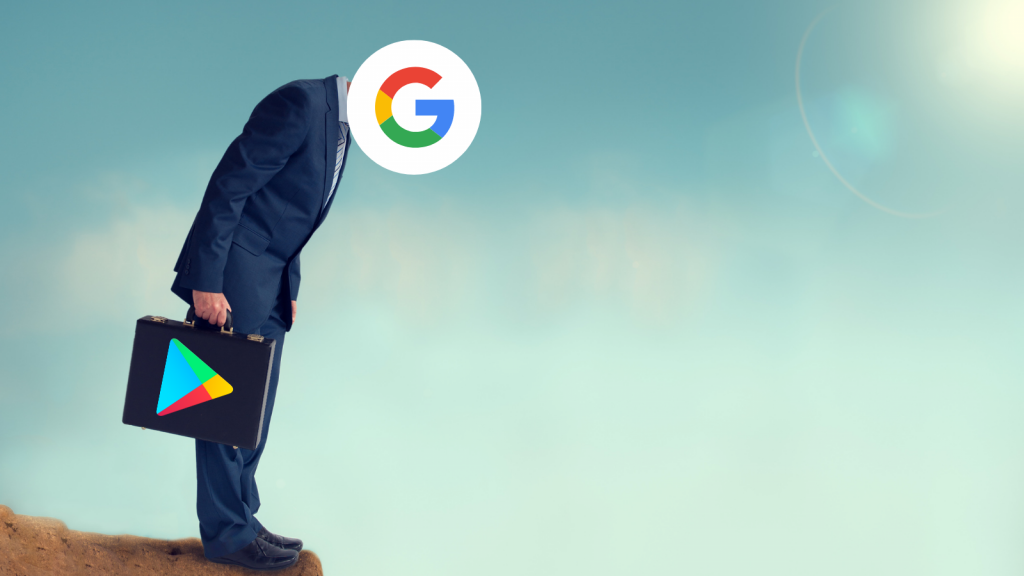It’s never good to have a monopoly unless you’ve dug up the fantastic board game from the authoritarian communist era. Google is under fire again (in the States, at least) for its control in the app store industry. 36 states in the US have filed a case against the tech company questioning its dominant position as an app store on the Android platform.
The case specifically mentions Google’s fees for developers to host their apps on the platform. Come September 2021, it will more strictly enforce its 30% commission structure through the store, forcing apps that take any form of payment from consumers to take payments through the Play Store.
Currently, popular apps like Tinder and Netflix can take user payments through their own portals on Android devices, circumventing the Play Store and cashing in. Following the September deadline, Google will take 30% of all payments through these apps.
Google’s under pressure
Now comes the lawsuit, which not only questions the Store’s dominant position in the Android ecosystem, but also questions the 30% cut that developers are forced to pay. Google published a long-winded statement detailing why its Store doesn’t stifle competition and how it’s entitled to that money from devs.
It believes the lawsuit, instead of defending users’ choice, ‘ignores’ it completely.
The search engine owner details that we should all remember that it doesn’t just compete against other app stores on the Android platform (on which it has 90% market share), but also against Apple and its App Store. Apple is its primary competitor in terms of app store revenue, according to its statement.
“We compete for both developers and consumers, and if we’re not providing them with the best experience on Google Play, they have other alternatives to choose from,” the statement reads.
But at what cost?
According to Politico, Google dominates with a 90% market share when it comes to Android apps, and no other Android app store has more than a 5% market share.
But it believes that its Store “increases competition.” Granted. It’s not the only way to download apps on an Android device. But remember the whole Huawei debacle? Huawei lost access to Google’s suite of apps in 2019, and we can tell you from first-hand experience, it’s an absolute mission to access many popular apps when the Play Store isn’t available.
This is due to Google’s constant campaigning to discredit third-party app stores, detailing how insecure it is to download apps from stores that aren’t backed by Google, and then attempting to pay off Samsung to not list apps on its own store (source: Politico).
According to Android Authority, Google has announced, as part of its Android 12 marketing campaign, that it’ll introduce “… Play Store-like functionality for third-party stores on the OS.” While the world thought “Oh, how nice of ‘em,” this lawsuit does shed new light on that decision.




